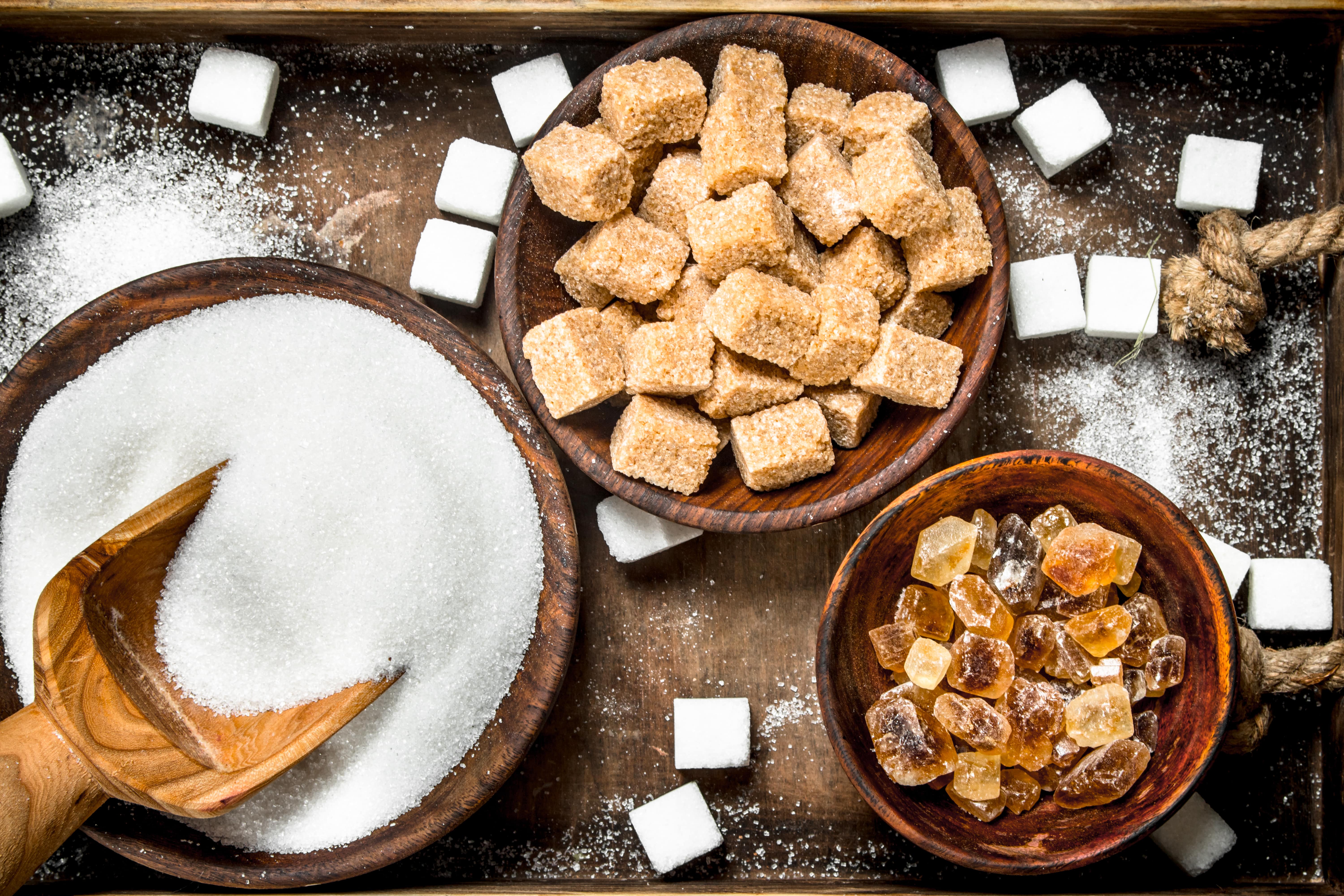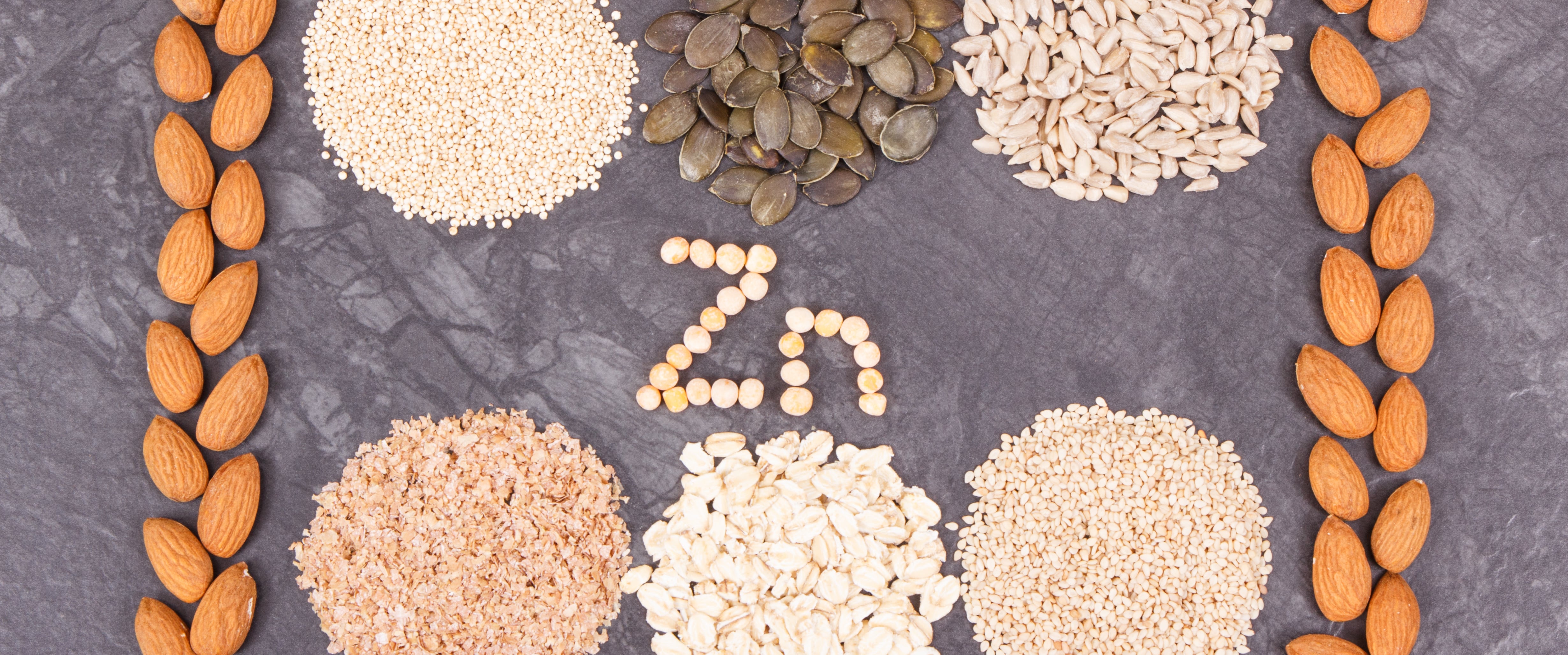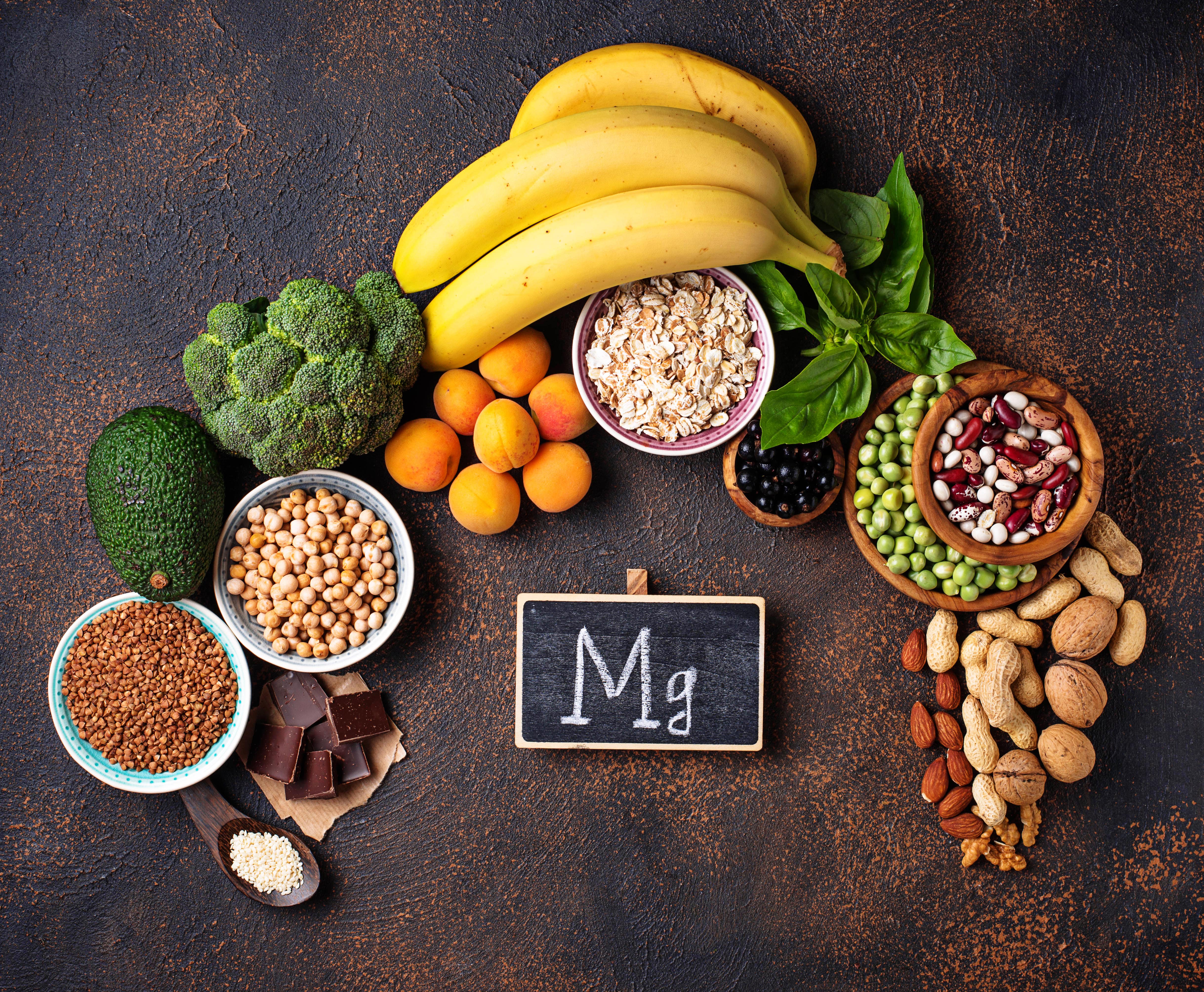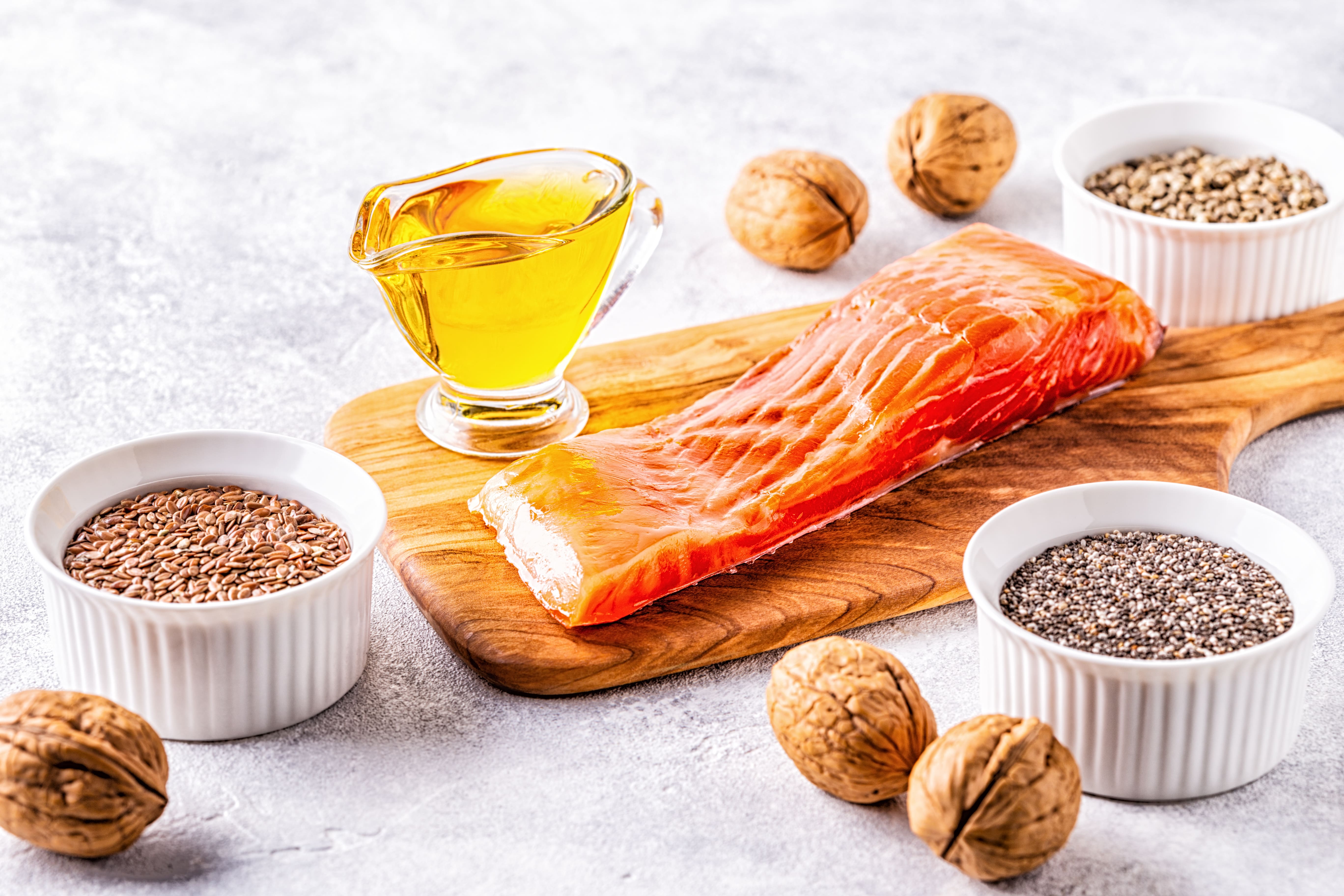PCOS, Blood Sugar & Food: How to Support Your Hormones Without Losing Your Mind
If you have PCOS (Polycystic Ovary Syndrome), chances are you’ve spent hours Googling your symptoms, wondering why your body feels like it’s running on a completely different rulebook than everyone else’s. Weight struggles? Acne that won’t quit? A menstrual cycle that ghosts you for months?
At the root of all this chaos? Insulin resistance. When your body doesn’t respond properly to insulin, the hormone that controls blood sugar, everything else—from your metabolism to your hormones—can go off the rails.
The good news? What you eat plays a huge role in getting your body back on track. Let’s break it down, symptom by symptom.
Insulin Resistance: What Is It, and Why Should You Care?
Picture insulin as a key. Its job is to unlock your cells so glucose (sugar) can get inside and be used as energy.
When things are working smoothly: The key slides in, the door opens, glucose gets in, and your body functions like it should.
With insulin resistance: The lock on the door gets rusty. The key still fits, but you have to jiggle it around while cursing under your breath. Eventually, your body just starts making more insulin, hoping brute force will work. Spoiler: It doesn’t.
Instead, all that extra insulin signals your body to store fat, mess with your hormones, and send your energy levels on a rollercoaster.
What this means for you:
• Your body starts storing fat instead of burning it.
• Your ovaries get confused and start pumping out excess testosterone.
• You experience sugar cravings, energy crashes, and hormonal acne.
But don’t panic—this is all fixable with the right food and lifestyle shifts.

Why Can PCOS Make Weight Loss So Hard? (And Why Some Women Stay Lean Anyway)
Ever feel like you’re eating healthy, working out, and still not losing weight? It’s not your imagination.
Why It’s a Struggle
• Insulin tells your body to store fat instead of burning it.
• Chronic inflammation slows metabolism, making weight loss harder.
• Your cells aren’t getting enough fuel, so your brain demands more food, leading to cravings.
But Wait—Not Everyone with PCOS Gains Weight
Some women with PCOS stay lean but still deal with symptoms like irregular periods and acne. Why? Genetics and hormone balance play a big role. PCOS is not just a weight issue—it’s a metabolic and hormonal one.
How to Work With Your Body (Not Against It)
• Prioritize protein and fiber at every meal—keeps you full and stabilizes blood sugar.
• Swap processed carbs for slow-digesting ones—think quinoa over white rice, sweet potatoes over fries.
• Healthy fats are your friend—avocados, nuts, olive oil, and seeds keep hormones happy.
• Move your body in ways you enjoy—walking after meals helps with insulin resistance.
Bottom line: It’s not about eating less—it’s about eating smarter so your hormones work for you, not against you.

Acne & PCOS: When Your Face Refuses to Adult
You made it through high school, but your skin didn’t get the memo. PCOS acne is stubborn, hormonal, and immune to overpriced skincare.
Why It’s Happening
• Excess insulin triggers your ovaries to produce more testosterone, making skin oilier and more breakout-prone.
• Dairy can be an acne bomb—many women with PCOS find milk, cheese, and whey protein make things worse.
• Inflammation keeps acne around longer—sugar, fried foods, and processed junk add fuel to the fire.
How to Get Your Skin Under Control
• Cut back on dairy—test it out for a few weeks and see if your skin clears.
• Increase Omega-3s—salmon, walnuts, flaxseeds, and chia seeds help fight inflammation.
• Reduce sugar and processed carbs—lower insulin = fewer breakouts.
• Boost zinc intake—chickpeas, pumpkin seeds, and lentils help your skin heal faster.
Bottom line: Your breakouts are talking to you—and balancing blood sugar is one of the best ways to shut them up.

Irregular Cycles: Why Your Period is Playing Hard to Get
Your period either shows up unannounced, disappears for months, or makes you suffer when it finally arrives.Thanks, PCOS.
Why It’s a Mess
• PCOS disrupts ovulation, which is why your cycle is all over the place.
• Excess insulin = excess testosterone, which can block normal ovulation.
• Inflammation and stress make things worse, throwing your hormones even more out of whack.
How to Get Your Cycle Back on Track
• Balance blood sugar—stable insulin levels = better hormone regulation.
• Drink spearmint tea—some studies show it helps lower testosterone and regulate cycles.
• Boost magnesium & B vitamins—leafy greens, nuts, and whole grains support cycle regularity.
• Eat more cruciferous veggies—broccoli, cauliflower, and kale help your liver process excess hormones.
Bottom line: Your period loves routine—consistent meals, stable blood sugar, and the right nutrients can help regulate it naturally.

PCOS & Fertility: It’s Tough, But Not Impossible
If you’ve been told PCOS = infertility, don’t panic. PCOS doesn’t mean you can’t get pregnant—it just means you might need to help your body ovulate regularly.
Why PCOS Messes with Fertility
• Irregular ovulation makes it harder to track fertile days.
• Too much insulin affects egg quality, which can impact conception.
• Inflammation can interfere with pregnancy hormones, making it harder to sustain pregnancy.
How to Boost Fertility Naturally
• Balance insulin and lower inflammation—same diet tweaks that help with weight & acne also support fertility.
• Increase Omega-3s—essential for egg health (flaxseeds, walnuts, salmon).
• Boost progesterone naturally—pumpkin seeds, sweet potatoes, and whole grains help support a healthy cycle.
• Ditch processed foods—reducing inflammation improves egg quality.
Bottom line: PCOS can make pregnancy trickier, but it’s absolutely possible with the right hormone support.

Final Thoughts: Your Body Isn’t Broken, It Just Needs the Right Support
PCOS can be overwhelming, but your body isn’t working against you—it’s just asking for a little help.
• You don’t need to be perfect—just consistent. Small changes add up.
• Balancing blood sugar is key—get that right, and everything else starts falling into place.
• The right food choices can make a huge difference.
Where to Start?
Pick one small change today—maybe swap your breakfast for something protein-rich, or add a handful of nuts to your meal. Every little shift adds up!